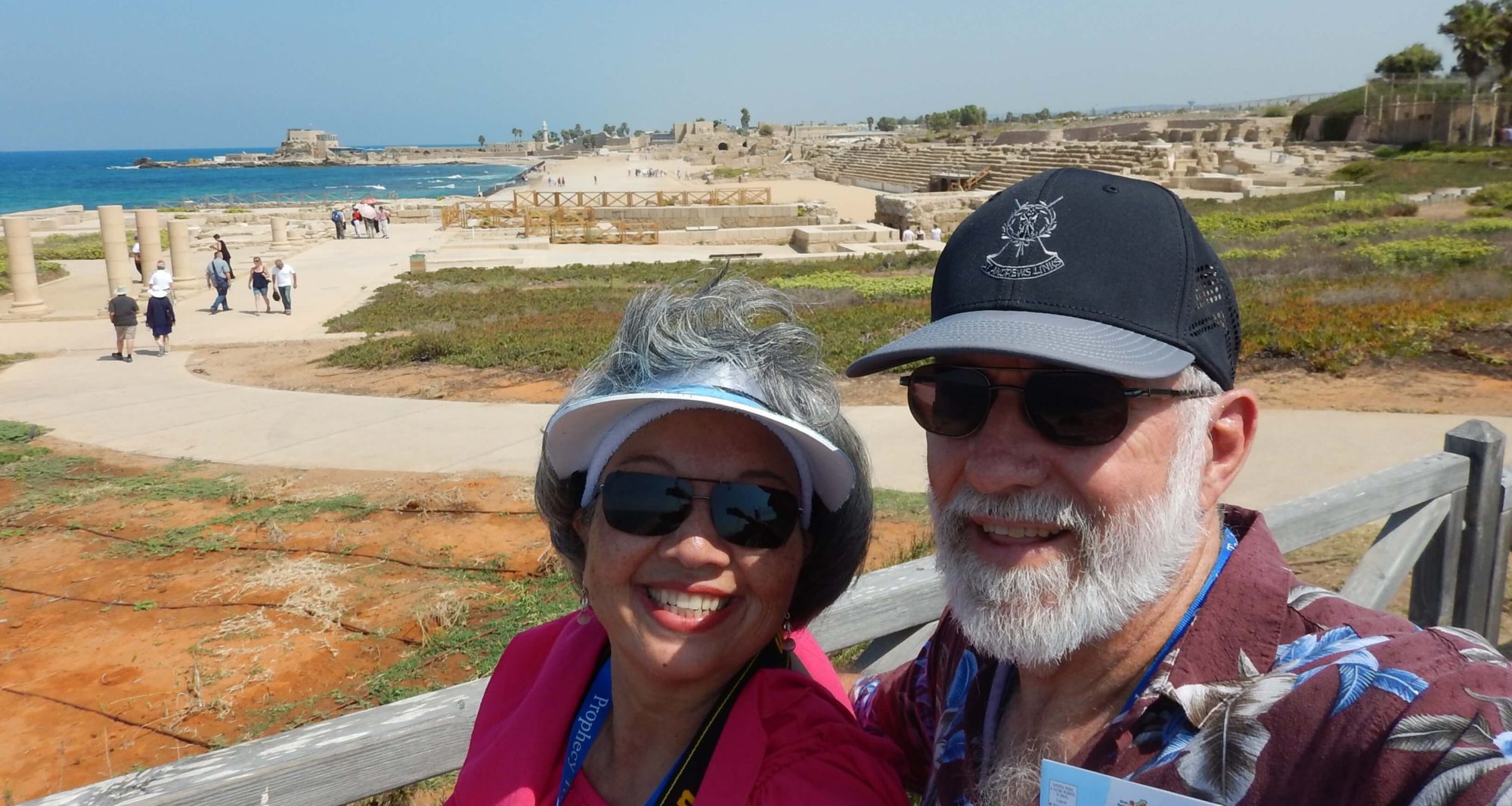Matthew 7:13-14 “Enter ye in at the strait gate: for wide is the gate, and broad is the way, that leadeth to destruction, and many there be which go in thereat: Because strait is the gate, and narrow is the way, which leadeth unto life, and few there be that find it.”
One of the most illuminating things I have learned about the Bible is that it is to be read with an understanding of Jewish culture. As I learn more about the lives of God’s chosen people, my eyes are opened to the clear connections of their culture to the Scriptures. I realize that there is nothing in the Word of God that is random. Everything is interrelated, and the more I learn about Jewish history, the greater understanding I have of the Bible.
According to the dictionary, the word “strait” is quite different than the word “straight.” The latter means “not crooked,” but the word used in these verses means “a narrow or difficult passageway.” In a spiritual context, the wide way represents the way of the world, which is easy to follow, sinful in nature, and eventually leading to death. The narrow gate is the way of life through Jesus, which is more difficult to follow, yet yields eternal life in heaven. When He told His followers that they were to enter through the strait gate, He was using an illustration that made perfect sense to them. Jesus’ comments were much more than a simple metaphor regarding the path of life we choose.
Last year, when John and I were in Israel, we visited a replica of a 1st century Nazareth village. To enter this village, we had to pass through a city gate. It was a massive gate that had a smaller and more narrow gate set within it. These ancient gates had different purposes, which allowed different types of people to enter.
In 1st century Israel, the wide, broad gate was often used by Roman soldiers. Since they rode on horses, wore armor, and carried large weapons, they were unable to “fit” through the smaller, narrower gate, so they entered through the huge gate as did most people. Families with many members or traders with their caravans are just two examples of groups that simply chose the larger gate because it was easier. If anyone wanted to enter through the narrow gate, they would need to dismount, leave their armor and/or supplies outside the city in order to proceed through the smaller gate. This would leave the soldier defenseless, families would be separated, and the traders would have no goods to sell as they would all have to enter one by one and leave everything else outside of the city. The wide gate was a much easier way to go, and most would choose this gate by which to enter the city.
The narrow gate was accessible by individuals on foot, but due to its narrow size, they would need to stoop to pass through it, and they would need to proceed one at a time. Despite its small size, this gate was beneficial to certain individuals. For example, a shepherd leading his flock through this gate would be able to pass through, then call to his sheep, who would follow his voice through the gate. As they walked through in single file, the shepherd could easily count them when they moved through the narrow gate, much like he would do so in the evening when returning to his sheepfold.
From a spiritual perspective, the narrow gate represents our Lord and Saviour, Jesus Christ. He is our door to the city of heaven (John 10). As we come to Him, one by one, we should also bow before him with a heart of humility. Recognizing our position as a sinner in need of God’s grace should humble us. Then, by accepting His free gift of salvation, we are able to pass through the strait gate with a contrite heart that has been forgiven of all sin. Once we have accepted Him as our Saviour, we walk though that gate, into our new life. It is not always easy living a life for Christ in today’s world, but as we pass through the narrow gate, Jesus is there to guide us, watch over us, and protect us, much like the shepherd does for his sheep.
O, what a Shepherd! O, what a Saviour!

